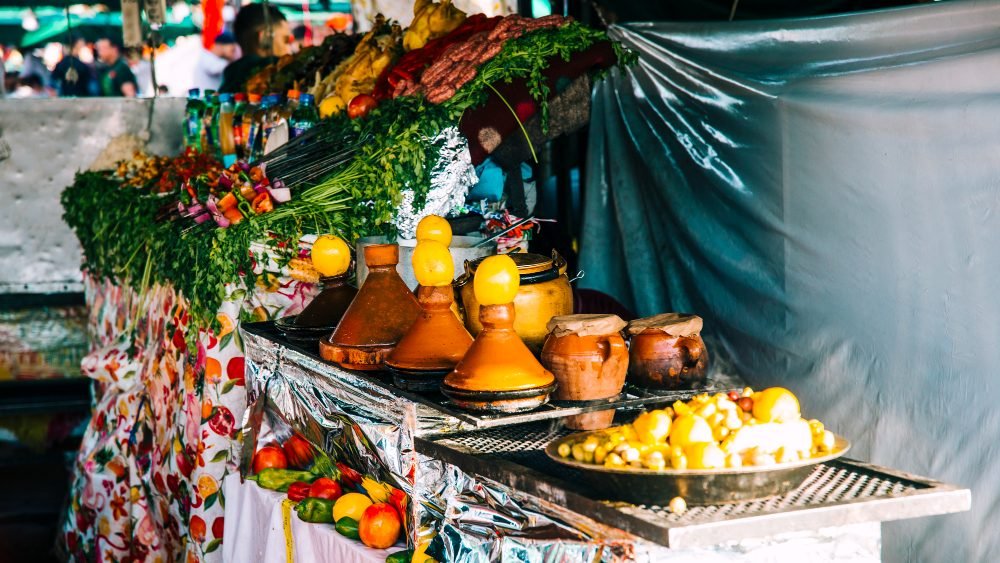Pakistani-Spanish: navigating hyphenated identities
Pakistani Spanish: Navigating hyphenated identities
The European Dream is true. For Zaid, at least. A Spanish wife, a Pakistani wife, 5 running businesses. Zaid’s story is the most quixotic form of social mobility, a story that many fathers will quote to their sons as they too, will embark on their dunki journey.
It’s hard to imagine Zaid as anything but confident and self-assured. An alpha, some would say. But Zaid narrates a story of climbing up a ladder. Here, the ladder is multi-tiered, with trying to learn a foreign language while looking like somebody who simply does not belong to Barcelona.
Everything about Zaid’s story feels like a Hollywood film, in which the underdog makes it big at the end and gets the girl. Zaid laughs and tells me that he hated school. When he finally got kicked out, he narrates that “neend nahi aayi” I couldn’t sleep, he laughs.
Zaid made the journey with his friends. At this part of the interview is when I prepare myself to hear harrowing details of the journey. There is no migrant journey without pain. Almost always stranger than fiction. And Zaid’s own journey is no different. He paid an agent 7 and half lakh rupees. And the journey began. Zaid carried his hope to make things better for himself to Iran. And then from Iran to Turkey. From Turkey to Greece. Here, Zaid stayed for 40 days. Zaid described his journey as painful but did not make me privy to any details. There was hardship, of course but it was that age where not many things are a big deal, he says.



“I did not see anything” he said of the journey when I asked him which country he most preferred. Zaid and his friends only traveled during the nights, and were thrown into abandoned houses by agents during the day. Zaid simply did not witness the countries that he traveled to. And Zaid narrates this bit about his journey like a seasoned soldier: with both a sense of accomplishment and a deep realization of the sacrifices that he has made.
Zaid was narrating a success story to me, I realized mid way into my interview with him. What did you first think of Barcelona, then, I asked him? “Kis cheez ko kis nazar naal dekhna hai ” is something that he learnt over the years, he tells me. He seems to have adapted to the pragmatism of the world that he now inhabits.
He said things to me throughout the interview that were motivational, sharp observations of the world around him and just plain intelligent.
Zaid’s pursuit was straightforward and disciplined during his early years in Barcelona: to get documentation, to get skilled at the work that he was doing and to make enough money to send some back home.
After Zaid’s arrival in Barcelona, he managed to get jobs, earn money. He said he was clear about one thing: that whatever he would end up doing ultimately had to be his own. And Zaid was able to accomplish exactly that. Yet, Zaid’s story, while remarkable, is not the norm for many who embark on similar journeys. The hardships of migration, the challenge of integration and the pursuit of success are not always met with the same outcome.
On the contrary, Zaid’s story is a testament to how hard it is for migrants to adjust and thrive in a culture that does not welcome them, that closes doors, a system that actively turns them away. So much so that you rarely find a story like Zaid’s. Amplifying the many systems that have failed migrants all over the world and those that continue to do so. Of all the people I have interviewed over the course of our research, I can distinctly remember only Zaid saying that the journey was worth it. And this got me thinking about all the times that I had heard the phrase “I would not wish this journey even on my worst enemy”
What makes the journey worth it? And why is it not worth it for so many? Why does the journey not play out like a success story like it did for Zaid?
